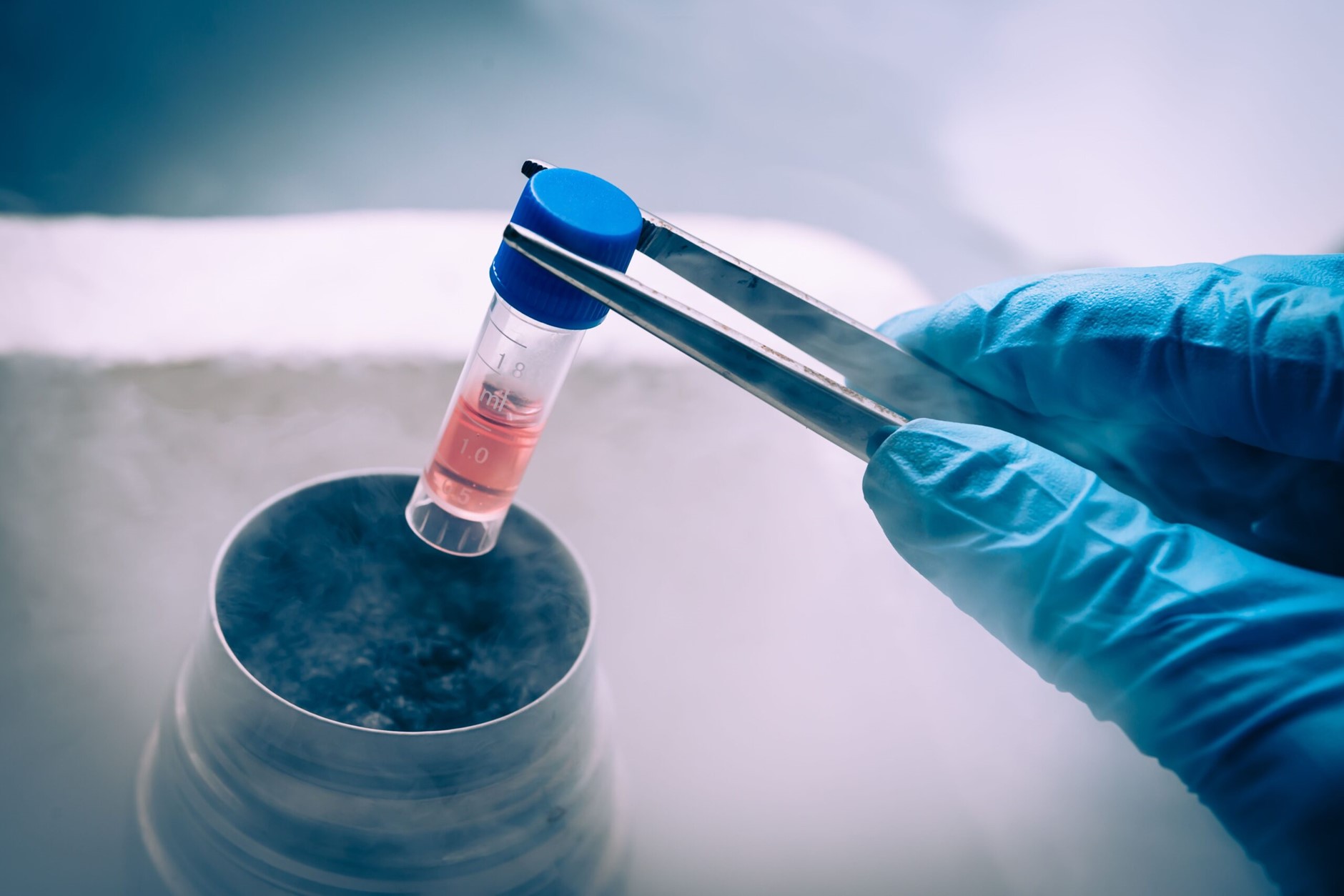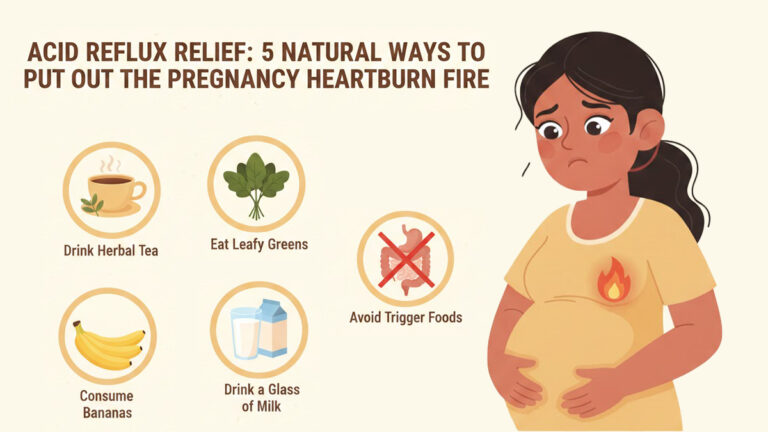In vitro fertilization (IVF) is described as the best fertility treatment especially when other treatments have failed. IVF is a highly effective assisted reproductive technology that helps women to achieve pregnancy. Often, IVF is prescribed as a primary treatment for infertility in females over age 40.
In this article, we will describe the indications and contraindications of IVF. When there are no contradictions, IVF can be performed without any delay. If you are thinking about taking an IVF treatment, you should understand some basic indications and contradictions of IVF.
IVF Indications:
There are multiple indications to perform IVF which are explained below
1. Tubal Peritoneal Factor
Tubal factor infertility is a common cause that prevents women from getting pregnant. Because it prevents sperm from reaching the egg or prevents an embryo (fertilized egg) from reaching the uterus for pregnancy. In some cases, the fallopian tube gets damaged or gets misshapen. If both of the fallopian tubes get removed, IVF is the only way and it can be considered as the most important indication for IVF.
2. Male Factor
Male factor is diagnosed either when the quality of sperm is not good enough or when the sperm count is too low for achieving a pregnancy. Here, ART is the best way where the embryologist makes a manual selection of healthy sperms to increase the chance of conception. In some cases, there are no sperms that can be used for fertilization hence IVF is performed with donor sperm.
3. Endometriosis
When endometriosis is severe enough to affect the quality and number of ova, it can become an obstacle to achieving pregnancy. In this situation your doctor might advice IVF treatment.
4. Age Factor
When deciding the right time for pregnancy, age plays a significant role. The quality and quantity of both the ovum and sperm reduce with age. When pregnancy is not achieved due to age factors, IVF is prescribed as the standard procedure.
5. Anovulation
A combination of hormonal stimulation and intrauterine insemination is used to treat anovulation. If pregnancy is not achieved despite this treatment, IVF is the best possible way.
IVF Contraindications:
There are some situations in which the doctor advises the patient to not undergo IVF. These situations are so critical that they can pose a threat to the life of the patient or her unborn child. The following are some IVF contraindications:
- Ovarian tumors
- Inflammatory disease
- Deformation or malformation of uterus
- Any kind of malignant neoplasms
- Medical conditions that contraindicate childbirth in the mother
Hence before going ahead with IVF a screening of both the partners, more so of the female is necessary to make a plan of action of the treatment required and also to rule out contraindications.
In-Vitro Fertilization:
In-Vitro Fertilization (IVF) includes a series of procedures to help a woman with fertility issues conceive a child . In this process, the mature eggs are retrieved and then the embryos are developed through fertilization which happens in the laboratory.
Types of IVF:
There are different types of IVF options available for patients. The following are the current methods being used for IVF treatment:
1. Natural IVF Cycle
There are no stimulation/hormonal drugs involved in the natural cycle of IVF. In this method, the egg is taken from the woman that is formed during her monthly cycle. It is mixed with the sperm as with traditional IVF and the embryo thus formed is transferred to the uterine cavity of the woman after preparing the same.
2. Mild Stimulation IVF
In this method, there is a lower dose of fertility drugs used for a shorter time than standard IVF. This avoids many of the unpleasant side effects of the medication, which are less than standard IVF.
3. In Vitro Maturation
In standard IVF, the patient is given a hormone to mature the egg before retrieval and fertilization. In-Vitro Maturation – IVM method, the egg is retrieved in an immature state and then it is matured in the laboratory. Hence, no need to take hormones. IVM is done when there is a male infertility factor.
Conclusion:
IVF is one of the best fertility treatments available and with developing technology its methods are also improving. We hope this article helps and we wish you good luck in your future.
How to Increase Sperm Motility Naturally
When it comes to a couple’s ability to conceive, sperm health is an important factor. Sperm motility is the ability of sperm to move forward through the female reproductive tract to reach the egg. When sperm can make a forward progression of at least 25 micrometers per second, it can be defined as healthy sperm motility.
When someone has poor sperm motility, it is called asthenozoospermia. In this article, we will talk about some ways on how to increase sperm motility naturally.
Understanding Sperm Motility:
Motility can be defined as the ability of an organism or fluid to move and the motility of sperm is referred to as sperm motility. Sperm are motile cells and movement is essential when it comes to conceiving. Though sperm motility is just one measurement of sperm health even if it is the only problem, one might face significant issues in spontaneous (unassisted) pregnancy. The following are the other factors that are considered during semen analysis:
- Semen volume
- Total sperm count
- Sperm concentration
- Vitality
- Sperm morphology
- Time to liquefaction
- Semen pH
- White blood cell count
Food to Increase Sperm Motility Fast:
Very few people know that their sperm count drops after the age of 40 hence it is least likely for them to know how nutrition impacts their sperm and its motility. This is one of the reasons few men face issues with the quality of their sperm. The following are some foods that improve the overall sperm health and increase sperm motility naturally:
- Fish
- Fruits and veggies
- Walnuts
- Garlic
- Oysters
These are some food items that you can consume to increase your sperm motility. Though, there are some foods that you should avoid to increase sperm motility such processed meats, food containing high trans fats, soy products, high-fat dairy products, foods with pesticides, foods packaged with BPA
How to Increase Sperm Count
Sperm count is the average number of sperm present in a given sample of ejaculation. A healthy sperm count ranges from 15 million to 200 million sperm per milliliter (ml). When the sperm count goes below this range, it is called a low sperm count.
Though it takes only one sperm to fertilize the ovum, having a healthy sperm count increases the chances of conception. If all other factors of the sperm are normal, you can still achieve pregnancy with a low sperm count. The following are some natural ways to increase sperm count:
- Get enough sleep and exercise regularly
- Quit smoking
- Avoid alcohol and drug use
- Get enough vitamin D
- Consume antioxidant-rich foods
These are some natural ways for how to increase sperm motility or count. Maintaining a healthy lifestyle and keeping one’s body fit and active goes without saying.
How to Make Sperm Stronger for Pregnancy
It is not enough to have enough sperm, the quality of sperm also matters. To be called strong and healthy sperm, more than 40% of the sperm cells should be alive and in motion. If you are facing issues with fertility, you might have a low sperm count or your sperm are not healthy enough.
Your sperm’s quality is important to make the journey from your partner’s vagina to the cervix and uterus to the fallopian tubes. People often have a hard time achieving pregnancy when their sperm is not good enough and many factors affect sperm quality. The following are the ways to make your sperm stronger for pregnancy.
- Reduce stress level
- Say no to illicit drugs, smoking and alcohol
- Maintain a healthy diet
- Get adequate sleep
Fruits to Increase Sperm Count and Motility
There are many foods to increase sperm count and motility but most people ignore fruits. Fruits have vitamin C, vitamin E, and many other antioxidants that improve sperm count and motility. The following are the fruits that you can consume to increase your sperm count and motility:
Drugss to Increase Sperm Count and Motility
There are various kinds of medicines available to increase sperm count and motility. If your male factor infertility suggests a medical treatment then the following medicines (taken as per your doctor’s prescription) can help improve semen analysis
- Clomiphene citrate (Clomid)
- Anastrazole (Arimidex)
- HCG and HMG
- Antioxidants and other minerals
These are some of the medicines used to increase sperm count and motility though you should only take them if prescribed by your doctor.
Conclusion:
There are many natural ways to increase your sperm count and motility although the best way is to maintain a healthy diet and lead an active lifestyle. We hope we helped you to clear your doubts and now you can make the best use of this knowledge to improve your sperm count and motility.








